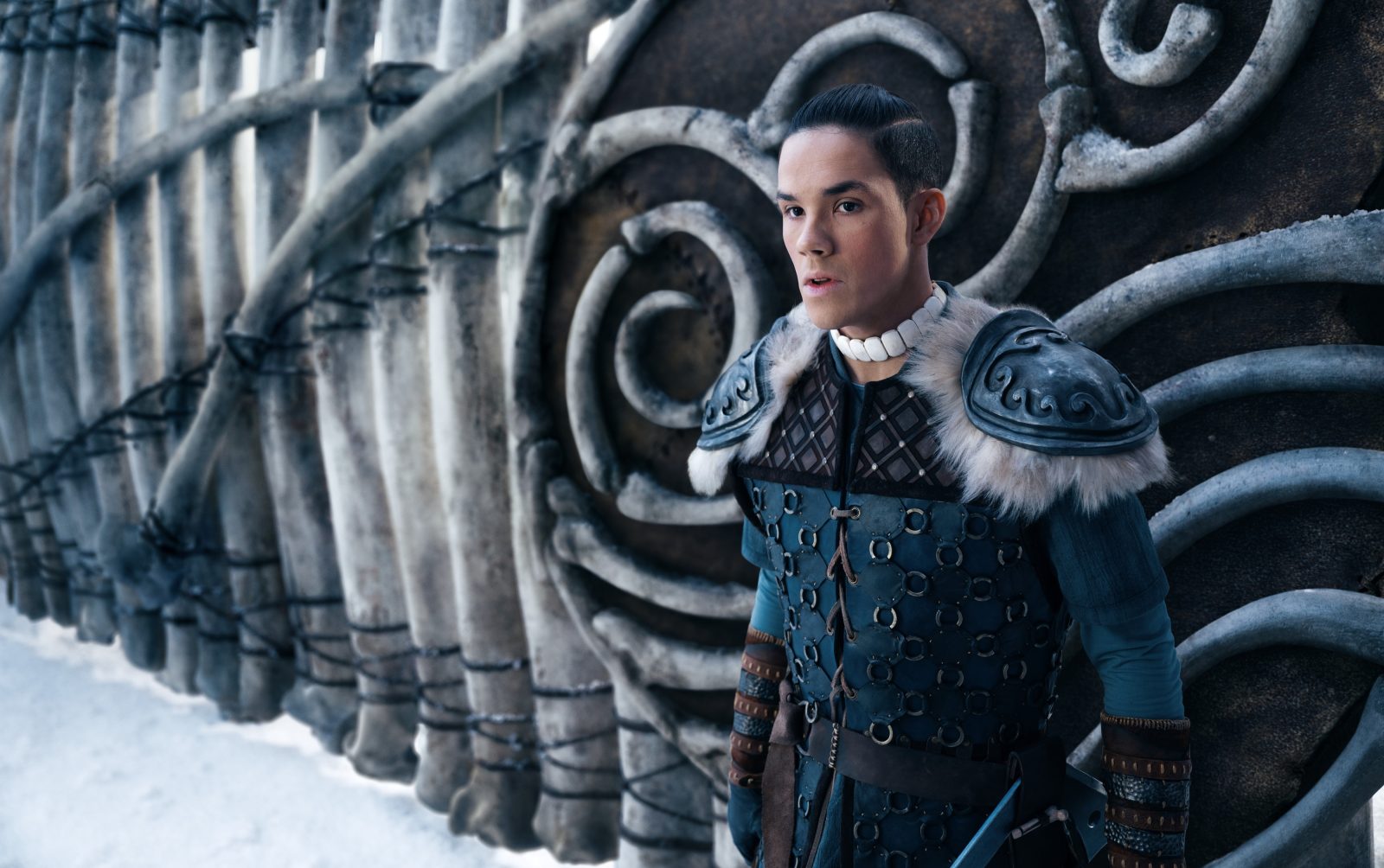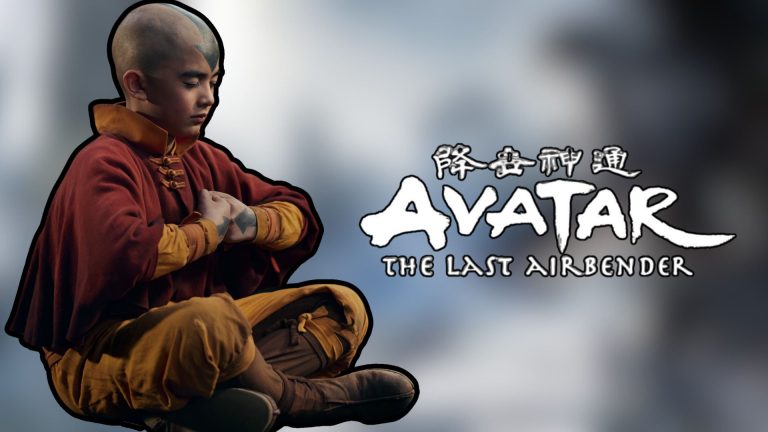Over the last few days, one of the things that has become apparent to me is that a number of critics write their reviews before watching a film or show. That’s why Netflix’s live-action adaptation of Avatar: The Last Airbender got such bad reviews on its debut day. Thankfully, like T’Challa would say, “We don’t do that here.”
After binge-watching the 8-episode series last night, I can confidently declare that this was a worthy undertaking by Netflix, and the streamer is clearly doing something right as far as adaptations go – after past traumatic experiences with this IP and live action adaptation, fans can let out a breath of relief.
For all those die-hard fans of the Nickelodeon animated series that were scarred by M. Night Shyamalan’s inferior version, I’m here to explain why this remake is nothing like that. To do this, I’ll break down this review into three parts: the good, the bad, and the verdict.
The Good
The one element that nobody can fault in Netflix’s Avatar: The Last Airbender is the casting. The actors behind the main characters, including Aang, Sokka, Uncle Iroh, Prince Zuko, Commander Zhao, and even Fire Lord Ozai, all feel like they were born to play these roles. You’d be hard-pressed to find a scene where these characters don’t resemble their animated counterparts, be it in habit or in dialogue.
What’s even more surprising is that the casting for the supporting roles was just as good. King Bumi, Avatar Kyoshi, Suki, Jet, and Princess Yue all capture the spirit of the original without skipping a beat. Remember the secret tunnel band? Yeah, even those rather insignificant characters left a memorable impression despite being on screen for no more than ten minutes.
However, the greatest praise goes to Gordon Cormier, Paul Sun-Hyung Lee, and Lim Kay Siu, who portray Avatar Aang, Uncle Iroh, and Gyatso, respectively. Watching this trio makes you feel like you’re watching real-life friends, which means you get to sympathize with them every time they go through a struggle.
Unlike Prince Zuko, who grew on me after a couple of episodes, Aang, Uncle Iroh, and Gytaso all fill their roles with such ease that you’d be mistaken to think that the animated series is based on these live-action characters.

When it comes to storytelling, Netflix takes a different approach to most adaptations. Instead of focusing on retelling the story word-for-word, Netflix takes the spirit of the original and uses it to make a mature and grounded adaptation that stands on its own.
The beauty of this is that first-time viewers of Avatar: The Last Airbender will appreciate this series far more than die-hard fans, who tend to be more picky and critical of smaller (and sometimes irrelevant) details.
Audiences would do well to remember that the show adapted 20 episodes of “Book 1: Water” into 8–1-hour episodes. It should go without saying that some details would be left out, but what matters is if the story still maintains the integrity of the original (which it does).
The show also doesn’t suffer from the atrocious visual effects that plagued the 2010 film. Bending within this world feels like an extension of the people living in it. Within the first few minutes of the premiere episode, we get to see an Earthbender unleash his fury on Fire Nation soldiers, and it’s a sight to behold. Likewise, when Firebenders invoke their wrath on their enemies, you can almost feel the heat from the impact of the blows.
Speaking of blows, action sequences in Avatar: The Last Airbender are brilliantly executed. When Aang calls up the power of previous Avatars to enter the Avatar State, you know he’s about to kick names and take ass (there’s a scene of Avatar Kyoshi that’ll give you goosebumps!). Oh, and Zuko might be a firebending prince, but when the moment calls for it, he can pull off some serious ninja moves.
The Bad
I hate to be that guy, but I’ve got to admit, I did not like Katara’s casting. She might grow on me in future seasons, but for now, her acting often feels wooden and at times, downright flat. She has some moments where she delivers some moving performances, but this all gets outweighed by the rest of the performances that come off as uninspiring.

Another character who also feels lacking is Appa, Team Avatar’s flying pet. In the animated series, Appa had some level of personality that gave him a connection with audiences. However, in the live-action, he only serves as a flying Uber for the main trio and never makes a memorable impact on the plot. I sure hope the adorable sky bison will get a much bigger role as the show progresses, much like what the showrunners did for Momo, the winged lemur.
There are also some questionable decisions that are made by the creators, such as having Team Avatar walk around enemy territories wearing attire that reveals which nation they’re from. All anyone needs to do to identify Aang is look for a bald boy with orange and yellow robes.
Verdict
Netflix’s Avatar: The Last Airbender could do with better pacing, but we can forgive this given how enjoyable and entertaining it is to watch. You don’t need anyone to tell you whether this show is worth your time. Just watch the first episode and decide for yourself, but chances are you’ll end up binge-watching the entire season. My biggest hope is that many people get to watch this adaptation and push for another season where we finally get to see Toph Beifong join the band.
Rating: 7.5/10

